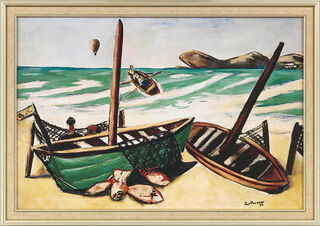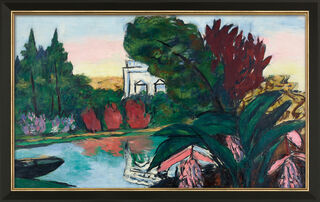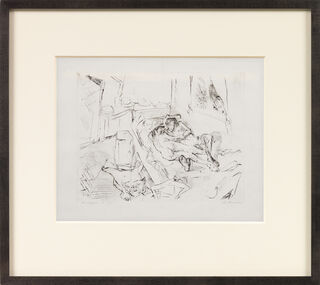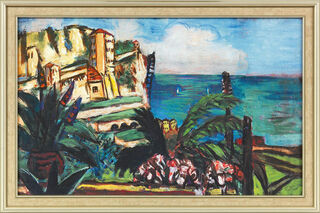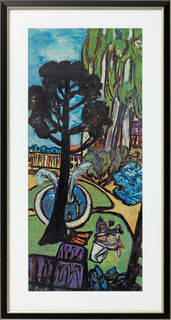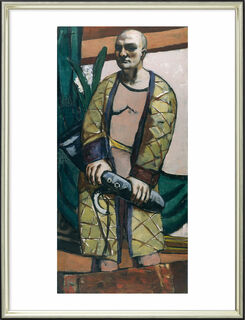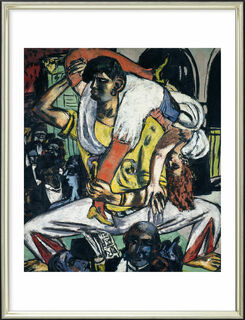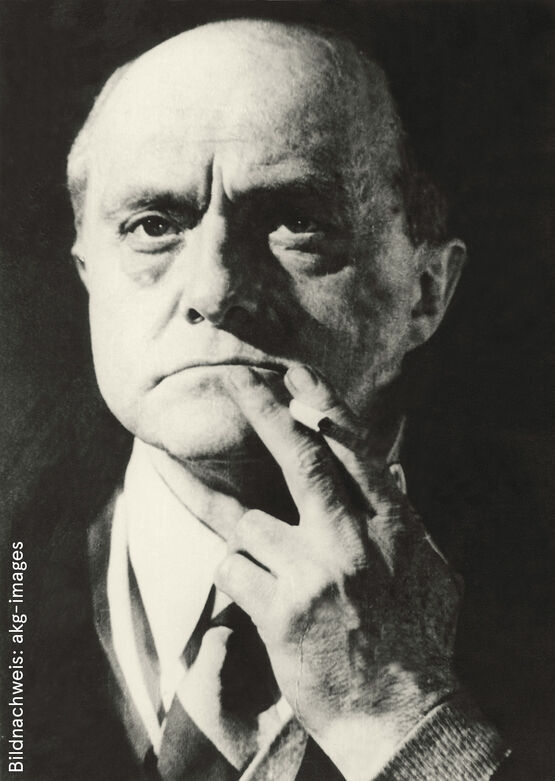
Max Beckmann
1884-1950
Max Beckmann, born in Leipzig, Germany, in 1884, seems like a solitary figure in the avant-garde of his time. While the emerging modern movement gradually led painting programmatically towards complete non-objectivity, Beckmann aligned himself with the art-historical tradition and consciously linked his art to the painting of the late 19th century.
A recurring motif in his works is the sea, which he once described in an interview as his "old friend". In his early works, he portrays it as a mysteriously vital space of existential experience, while during the National Socialism era, it transforms into a motif of freedom, departure, and escape.
In 1910, Beckmann was elected as a board member of the Berlin Secession, the youngest ever to achieve this status, and later his art was declared "degenerate" by the Nazi regime. Today, Beckmann is considered one of the most significant representatives of German Expressionism. His works are exhibited in many major modern art museums and sell for top prices at auctions.

